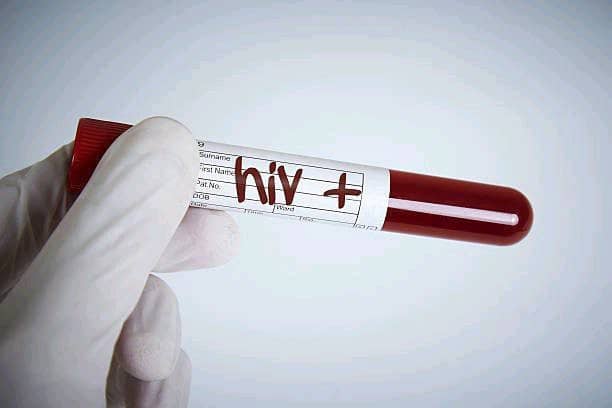Human Immunodeficiency Virus (HIV) has been a serious global health concern since its discovery. Despite significant advancements in understanding and managing the virus, misconceptions about its transmission persist. It is crucial to dispel misunderstandings surrounding the ways HIV can and cannot be transmitted, particularly concerning direct contact with an infected person. This article aims to provide a comprehensive overview of the various scenarios in which transmission cannot occur, promoting accurate information and dispelling unfounded fears.
1. Casual social contact:
HIV cannot be transmitted through casual social contact, such as hugging, kissing, shaking hands, sharing household items, or using the same bathroom facilities. According to Healthline, The virus is not viable outside the human body and requires specific conditions for transmission, which are not met in everyday social interactions.
2. Sharing personal items:
Sharing personal items like towels, clothing, or eating utensils cannot transmit HIV. The virus is fragile and easily destroyed once exposed to the air or outside of the human body. It cannot survive on surfaces or objects for prolonged periods.
3. Insect bites:
HIV is not transmitted through insect bites. Although certain insects, such as mosquitoes or ticks, can be carriers for other diseases, they do not serve as vectors for HIV. The virus requires a human host to replicate, and insect bites do not enable the transmission of HIV according to webmd.
4. Saliva, tears, and sweat:
Saliva, tears, and sweat do contain detectable levels of HIV, but the concentration is extremely low and insufficient to transmit the virus. The fluid containing sufficient quantities of HIV is present in body fluids such as blood, semen, vaginal secretions, and breast milk.
5. Closed-mouth kissing:
Closed-mouth kissing is considered a negligible risk for HIV transmission. Even if one partner is infected, the exchange of saliva alone is not enough to transmit the virus. However, if there are open sores or bleeding gums, there could be a minimal risk due to potential exposure to blood.
6. Casual contact with bodily fluids:
HIV transmission cannot occur through casual contact with infected bodily fluids, such as urine, feces, or vomit. These bodily fluids do not contain enough of the virus to establish a sustainable infection.
7. Swimming pools and hot tubs:
HIV cannot survive in chlorinated water, making transmission impossible through swimming pools, hot tubs, or other shared recreational water sources. The disinfectant properties of chlorinated water rapidly deactivate the virus.











Leave a Reply